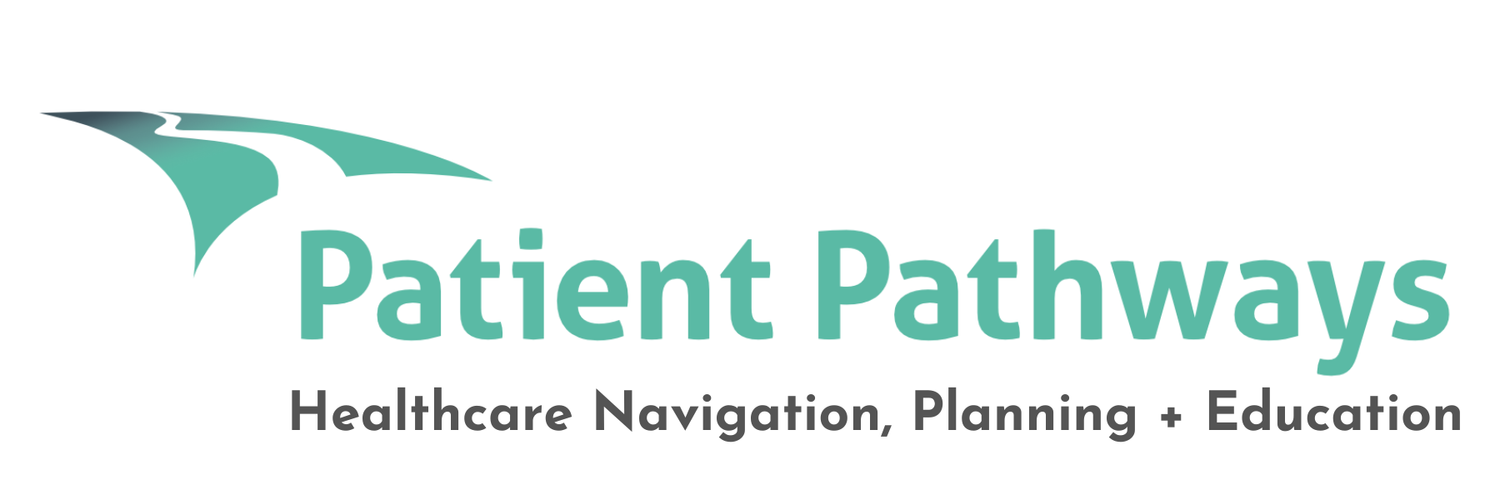Communication in preventing common healthcare errors
Avoidable failures are common and persistent, not to mention demoralizing and frustrating… The reason is increasingly evident: the volume and complexity of what we know has exceeded our ability to deliver its benefits correctly, safely and reliably. Knowledge has both saved us and burdened us.
~Dr. Atul Gawande, The Checklist Manifesto: Introduction.
You and your care partner can help prevent medical error. The most common errors are avoidable infection and medication errors. Be alert and if you see something, say something!
Make it easy for hospital staff – when someone comes to give you medications, take blood, administer a test or take you somewhere – hold out your arm with your ID bracelet visible. They’ll take the hint and check.
Infection
“Infection is the number one cause of hospital induced disease and death.” ~National Institute for Health
Infection control starts with washing hands – and asking every person who enters your room to wash or sanitize their hands: gloves are not enough – they need to go over clean hands, changed before caring for every patient, and should be changed during the patient’s care if they have been exposed to ‘dirty’ areas during care.
Those with the poorest ongoing record for handwashing are doctors. If they are going to touch you, did you see them wash their hands or apply a good dollop of hand sanitizer? If not, speak up. “Hello Dr. Smith, Thanks for coming by. I’m probably being a little over-concerned, but did you wash your hands?”
I’ve seen loved ones hold up a container of hand-sanitizer and merely hand it to every care provider, without saying a word.
No one ever refused.
Medication Errors
Nurses and all other staff are to check the patient's bracelet and verify verbally your name and date of birth… every time a medication or other treatment is administered. If you don't see this happen, say something. If that doesn’t help, report it!
~BC College of Nursing Professionals
Sometimes a nurse will just show up with a new medication. Ask about it:
What is it and what was the dose?
Who prescribed it and why?
Are there side effects?
What are the expected benefits?
If the nurse doesn’t know, or if you need more information, ask to speak to the doctor or to a pharmacist.
The Right medication at the Right dose at the Right time:
Most of us know our medications and when they should be given. Don’t put blind faith in the nurses to get your medications right, especially in the first day or two after your admission, while medication orders and deliveries are being sorted out.
If you should have been given medication by a certain time and it didn’t arrive, ask.
If it doesn’t look like your usual medication, ask.
Your role as the patient or care partner is massive in preventing error.
“The Canadian Adverse Events Study showed that adverse events due to medication errors and other causes occur in 7.5% of hospital admissions involving Canadian adults and are associated with a 20% risk of death and longer duration of hospital stay.
~Statistics Canada

